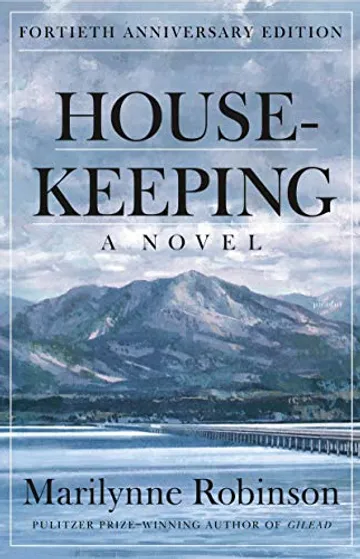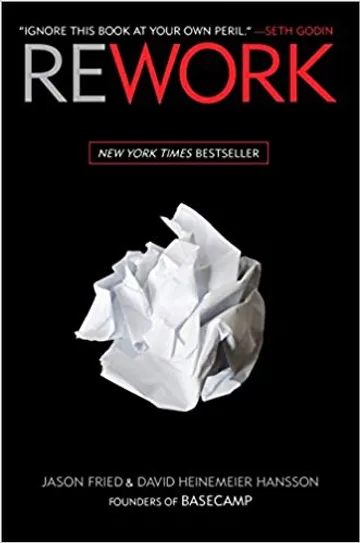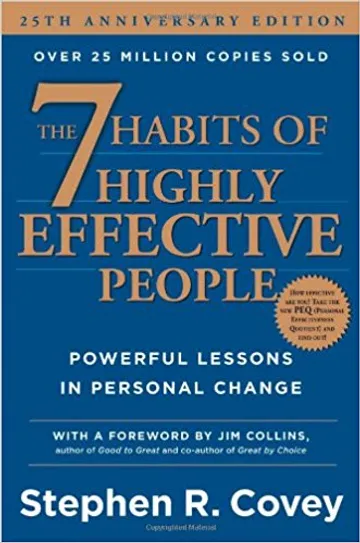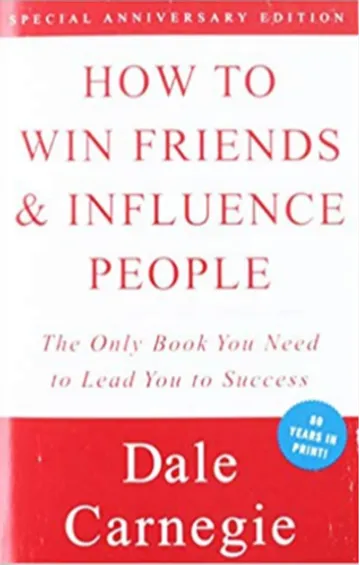Don't see an advisor you admire? Let's add him to the database! - Request

Rendors (2)
1
Nobel Laureate in Literature
1
Pulitzer Prize Winners


Subscribe to Blog and Updates:
Popular advisors

Tim Cook
Rendors given:
11

Arianna Huffington
Rendors given:
68

Bill Gates
Rendors given:
187

Mark Zuckerberg
Rendors given:
27

Warren Buffett
Rendors given:
25
Popular books

Rework
Rendors:
22

The 7 Habits of Highly Effective People
Rendors:
34

1984
Rendors:
20

Lolita
Rendors:
24

How to Win Friends and Influence People
Rendors:
44

